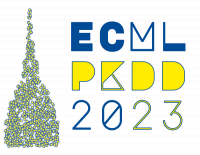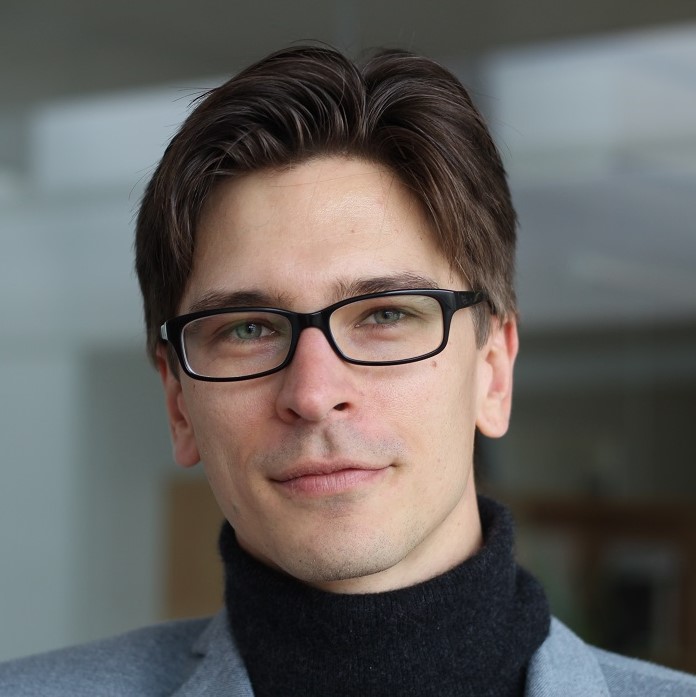About this Workshop
We are glad to announce the 1st european Knowledge-Guided Machine learning workshop, to be held in Turin, Italy in ECML-PKDD 2023.
All the information about the conference can be found at the official website.
Even though machine learning (ML) and deep learning (DL) algorithms have achieved amazing results in
many commercial and business applications, data-driven models have so far met with limited success in
many scientific domains. Limitations of data-driven models arise due to their intrinsic black-box nature,
their large data requirements, their inability to produce physically consistent results, and the lack of
generalizability to out-of-sample scenarios. More generally, the popularity and success of ML-based systems
has put the spotlight on issues such as explainability, bias, fairness, and sustainability. There is thus a
growing interest in developing Knowledge Guided Machine Learning (KGML) approaches that can leverage
decades (sometimes centuries) of accumulated scientific knowledge and combine them with ML techniques
to reap the benefits of both approaches. Addressing these issues naturally leads to systems in which
representation of prior and domain knowledge in various forms, from physical and simulation models to
symbolic and logical representations, plays a central role and must be integrated into ML models and
pipelines. On the other hand, ML also offers solutions for long-standing challenges in the field of Knowledge
Representation (KR), for instance related to efficient, neurally-guided, noise-tolerant and ampliative
inference, knowledge acquisition, efficient reasoning, and limitations of existing physical and symbolic
models. The synergy between ML and KR has the potential to lead to new advancements in fundamental AI
challenges including, but not limited to, learning symbolic generalizations from raw (multi-modal) data,
using knowledge to facilitate data-efficient learning, speeding up inference, supporting interpretability of
learned outcomes and integration of symbolic planning and reinforcement learning.
The workshop aims to provide researchers and practitioners with a dedicated forum for discussing new
ideas and research results at the intersection of machine learning and knowledge representation, both
from a theoretical and application standpoint.

